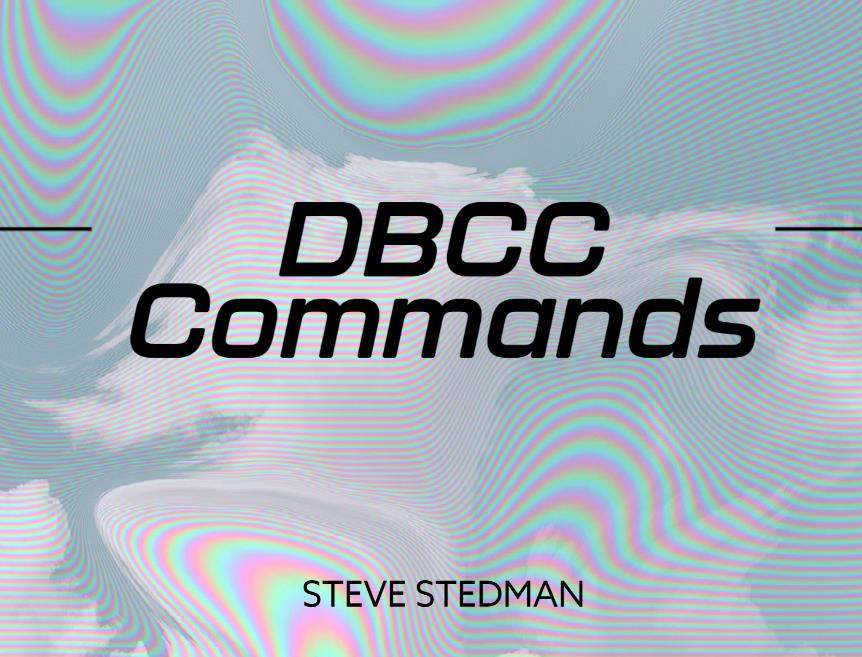DBCC FREESESSIONCACHE is a database console command (DBCC) in Microsoft SQL Server that can be used to clear the session cache, which is a region of memory used by the database engine to store objects such as temporary tables and table variables that are specific to a user session. Clearing the session cache can be useful for troubleshooting performance issues or for simulating a cold cache scenario, where the objects needed by a query are not in the cache and must be re-created.
To use DBCC FREESESSIONCACHE, you do not need to specify any arguments. Simply execute the command in a query window connected to the database you want to clear the session cache for.
Here is an example of how to use DBCC FREESESSIONCACHE to clear the session cache:
-- Clear the session cache
DBCC FREESESSIONCACHE;
The output of DBCC FREESESSIONCACHE will be a message indicating whether the operation was successful or not. If the operation was successful, all objects in the session cache will be removed.
It’s important to note that DBCC FREESESSIONCACHE can be a resource-intensive operation, as it requires clearing the cache of all objects in the session. As a result, it is generally best to avoid using DBCC FREESESSIONCACHE in production environments, or to use it sparingly and only when necessary.
DBCC FREESESSIONCACHE is a useful tool for clearing the session cache in SQL Server, but it should be used with caution. It is generally best to avoid using DBCC commands in production environments, as they can have an impact on server performance.
Need help with this or an of the other DBCC commands? The team at Stedman Solutions, LLC specializes in repairing corrupt databases and heping when things go wrong.
More from Stedman Solutions:

Steve and the team at Stedman Solutions are here for all your SQL Server needs.
Contact us today for your free 30 minute consultation..
We are ready to help!
